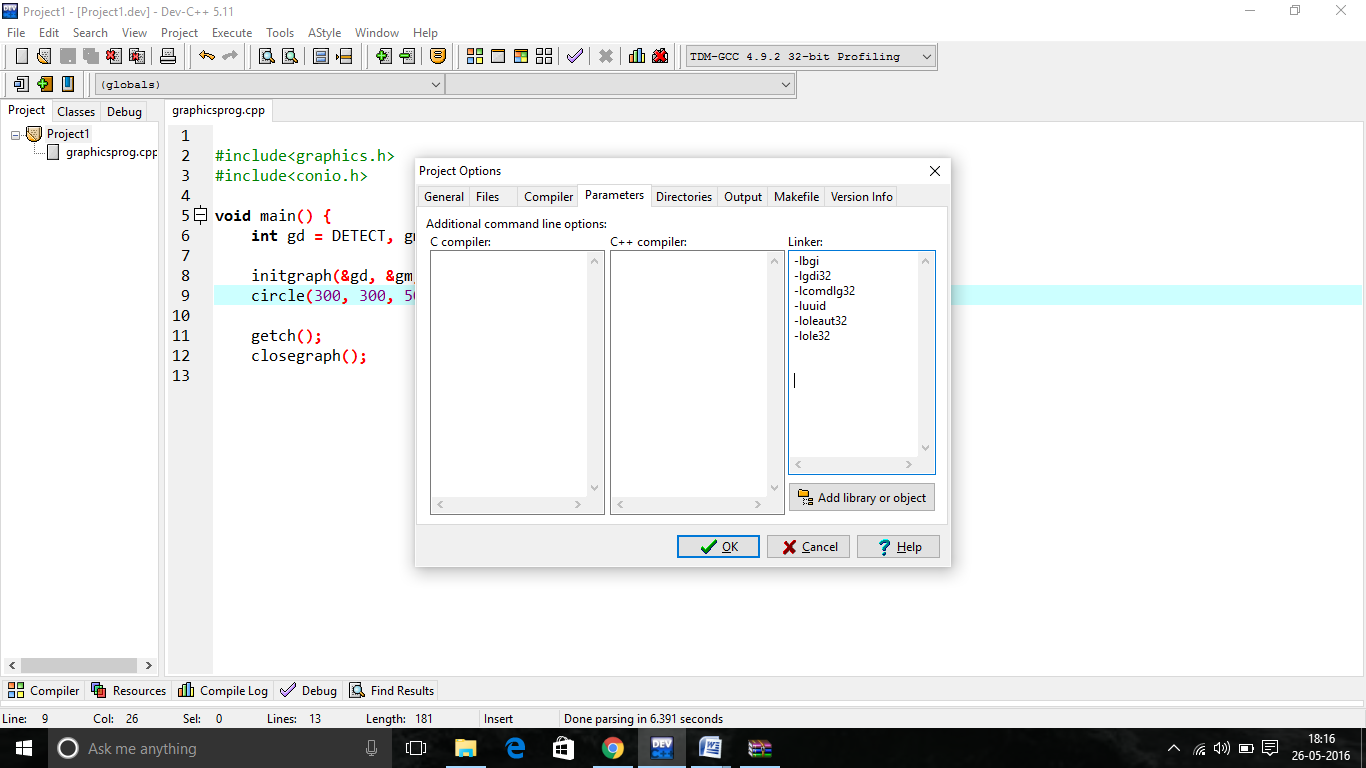Dev Random Example In C
Posted By admin On 13.01.21- The C Standard Library
- C Standard Library Resources
Using Dev Random
- C Programming Resources
- Selected Reading
In this example, we will learn to create a simple program named 'Hello World' in C programming. A 'Hello, World!' Is a simple program that outputs Hello, World! On the screen. C library function - srand - The C library function void srand(unsigned int seed) seeds the random number generator used by the function rand. Using cat to read from /dev/urandom is a bad idea, because it will try to read /dev/urandom to the end - but it does not end. You can use head. But take care to read by byte, not by line - because lines would be randomly separated by random newline bytes. So, to read 30 random bytes into a file random.bytes, use: head -c 30 /dev/urandom.
- In C, the generation algorithm used by rand is guaranteed to only be advanced by calls to this function. In C, this constraint is relaxed, and a library implementation is allowed to advance the generator on other circumstances (such as calls to elements of random ).
- C numerics library. Header declares a set of functions to compute common mathematical operations and transformations: Functions Trigonometric functions cos Compute cosine (function ) sin Compute sine (function ) tan.
- Problem is that std::randomdevice is in C and not in C, and the OP asked how to use /dev/random or /dev/urandom not how to use std::randomdevice although it is a good choice to use std::randomdevice and it has benefits, it is just not what the OP asked for – Nfagie Yansaneh Aug 8 '17 at 9:20.
Description
The C library function void srand(unsigned int seed) seeds the random number generator used by the function rand.
Declaration
Following is the declaration for srand() function.
Parameters
seed − This is an integer value to be used as seed by the pseudo-random number generator algorithm.

Return Value
This function does not return any value.
Example
The following example shows the usage of srand() function.
Let us compile and run the above program that will produce the following result −
- The C Standard Library
- C Standard Library Resources
- C Programming Resources
- Selected Reading
Description
The C library function int rand(void) returns a pseudo-random number in the range of 0 to RAND_MAX.
RAND_MAX is a constant whose default value may vary between implementations but it is granted to be at least 32767.
Declaration
Following is the declaration for rand() function.
/dev/random Example In C
Parameters
NA
Return Value
This function returns an integer value between 0 and RAND_MAX.
Example
The following example shows the usage of rand() function.
Dev Random Linux
Let us compile and run the above program that will produce the following result −